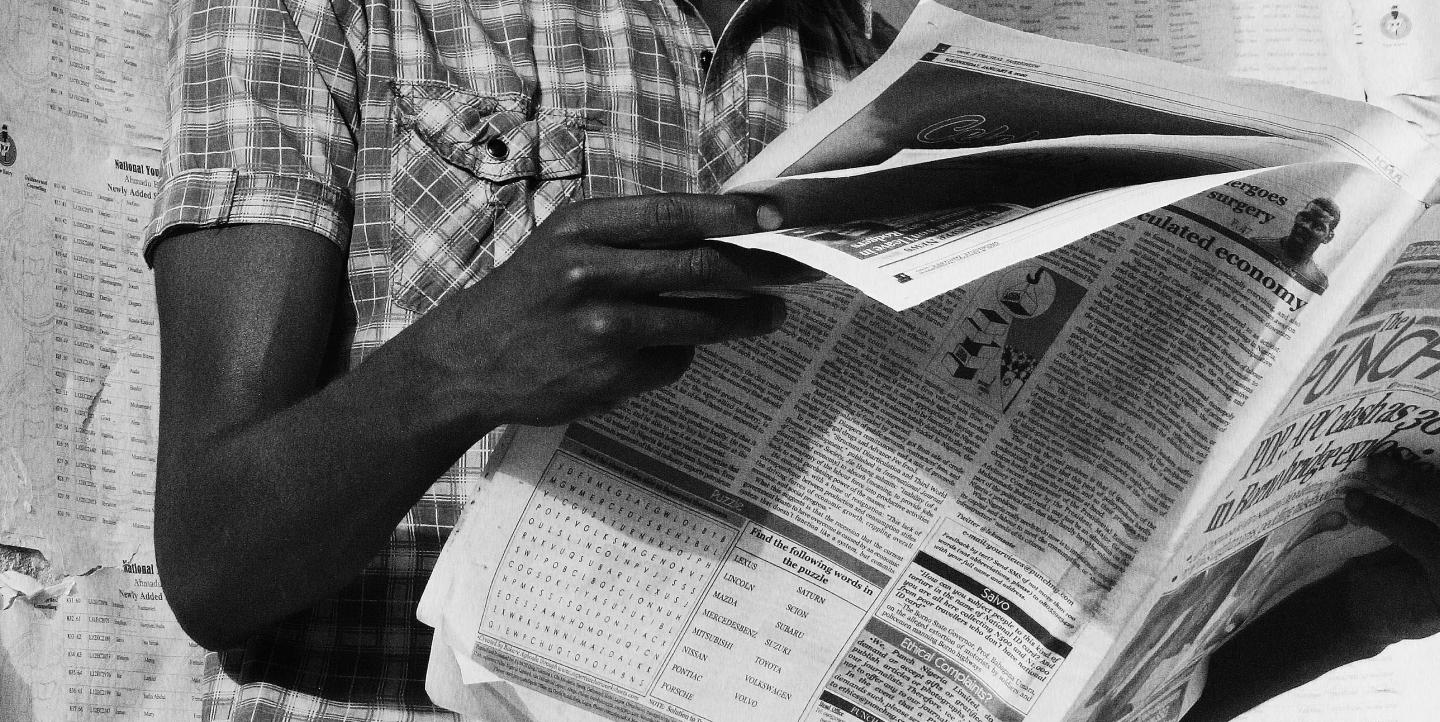There are more than 90 public universities in Nigeria. These public institutions rely primarily on government funding, which has historically lagged. Over the past seven years, the federal government allocated just six to eight percent of its annual budget to education, far behind the 15% minimum recommended by UNESCO.
The lack in funding has led professors to protest frequently against the way Nigeria’s federal government manages the education sector. Since the government’s transition to democracy in 1999, the Academic Staff Union of Universities (ASUU) has gone on strike more than eight times.
The ASUU most recently went on strike began in February of this year, following in the wake of a nine-month strike in 2020. What started as a one-month warning strike this year has continued for over seven months. It is the result of an unfulfilled 2009 agreement with the federal government that would improve employee welfare and implement a payment scheme for teachers, according to ASUU President Emmanuel Osodeke.
The current standoff has put many students, lecturers and even some business owners in a difficult situation. The unpredictability of the demonstrations has also made it more common for Nigerian students to graduate late.
Some student journalists, however, are using these strikes as an opportunity to continue their reporting, using journalism as a protest tool of their own.
The impact of the protest on students
For the first two months, Olayide Soaga, a junior political science major at the University of Ilorin recalls being optimistic about the protest quickly coming to an end so that she would be able to attend class. “For the first two months I was hopeful. I remember telling my neighbor in school, ‘Don't worry, they will soon call off the strike,’” she said.
Upon realizing the strike would not come to an end anytime soon, Soaga wrote an article for the Nigeria Guardian in which she highlighted how the standoff is costing parents and students money because they still have to pay rent on hostel rooms, despite not living in them since classes are canceled. This story was inspired by her own experience; she was advised by her caretaker to move out as a result of the strike.
Soaga decided to incorporate her classmates’ experiences into her article as well. She hoped that by writing about it, enough people would become aware of the full scope of the damage to students.
“There are still many underlying effects that students are facing, and part of it is the money we are losing,” she said. She hopes, too, that the article will have an impact for students: “I want to try to get people to reason with the students about how they can help them, maybe from the landlords or caretakers’ end.”
The effects the battle between the ASUU and the government has had on students is also a major concern for Adebayo Abdulrahman, a political science student at the University of Ibadan. "It’s like it’s become a normal thing for schools to be shut [down] for six months,” said Abdulrahman.
He believed that writing a story about the situation would remind the public about how crucial it is for Nigerian students to be in the classroom. “I'm a student journalist; the only way I can express my displeasure and draw attention to the situation is to write about it [and] the effects it has on Nigerian students,” he said.
Using journalism as a form of protest came after national stakeholders, pressure groups and students held their own demonstrations in hopes that they would put an end to the lecturers’ strike. But since neither the government nor the ASUU has shown a willingness to compromise, attempts to use outside pressure have fizzled.
Student journalists like Soaga and Abdulrahman, however, continue to use their reporting to express their grievances. The strike, in Abdulrahman’s opinion, is preventing students from moving forward in their lives. “What the strike means is that you can't make informed decisions about the next step you want to take in life. You don't even know when you are going to finish the current academic session,” he said. For him, covering the developments has made it clear how unconcerned the Nigerian government appears to be with the country's education system.
Soaga’s reporting has resulted in a more mixed personal response. Although relieved to learn that she is not the only one facing certain obstacles, she is also worried that no one is going to assist the students. "This story is not a happy story. It's not the kind of story you should be excited about. I was happy I was reporting it, but unhappy that I was telling a sad story," she said.
Perseverance
On September 8, the federal government sued the ASUU. The ASUU was ordered by the National Industrial Court to cease the strike on September 21 while they reexamined the demands being made. The ASUU has appealed this decision in court.
Abdulrahman plans to continue writing about the strike. "As a journalist, I can't go to the ASUU meetings or a meeting organized by the Ministry of Education,” he said. The only thing I know how to do is write, and I intend to continue to report on the ASUU.”
For Soaga, following the publication of her article, a Twitter chat was set up where she could discuss her writings and invite other writers and students to share their experiences on the strike.
"I'll pick the resumption [of classes] over any byline, but if there's any chance to write a story again I'll gladly do it," she said.
Photo by Muhammadtaha Ibrahim Ma'aji on Unsplash.


